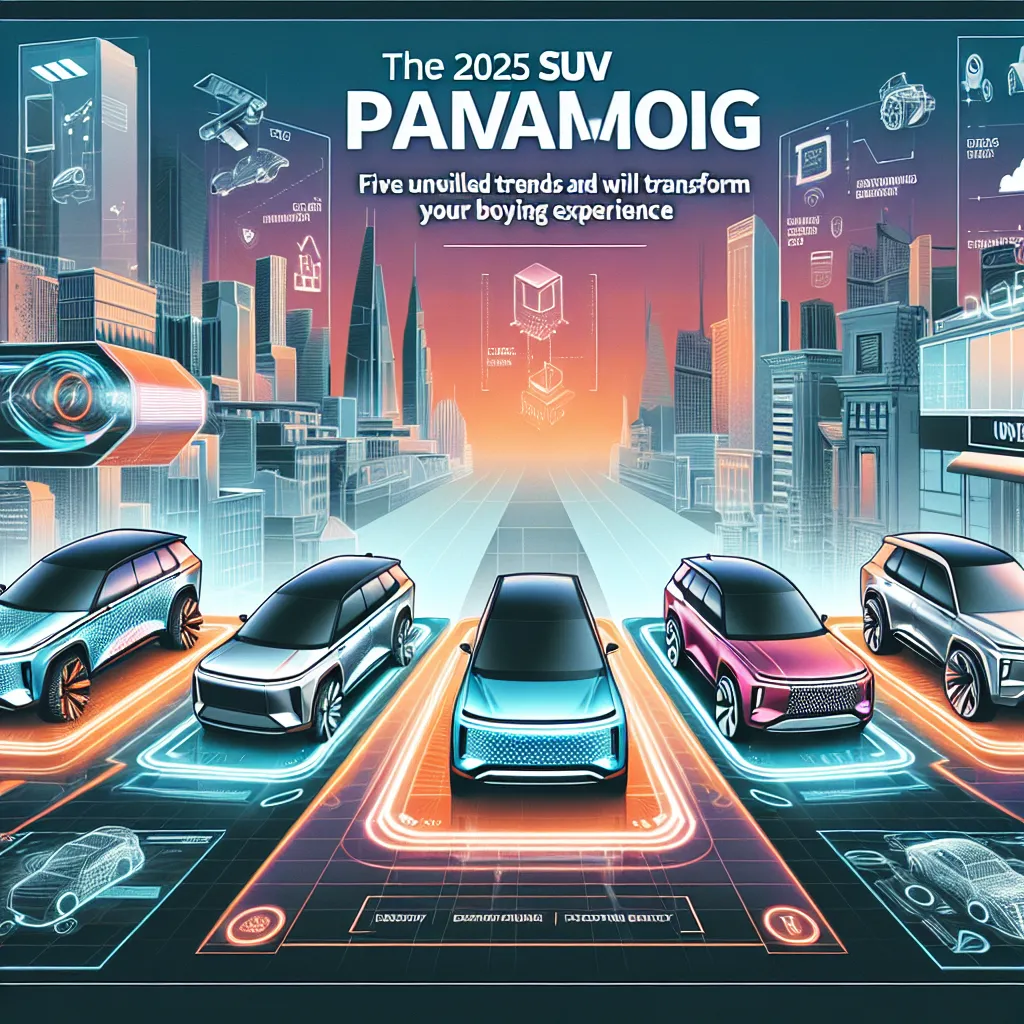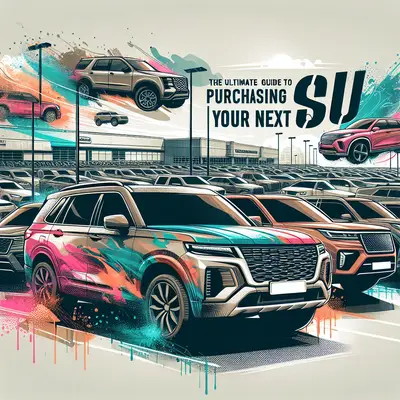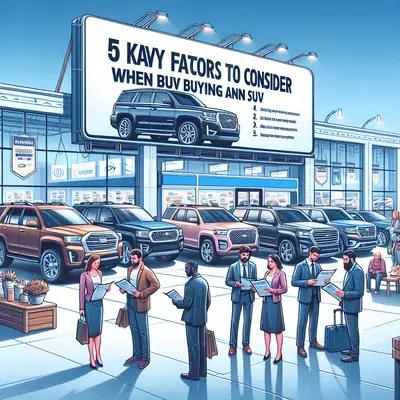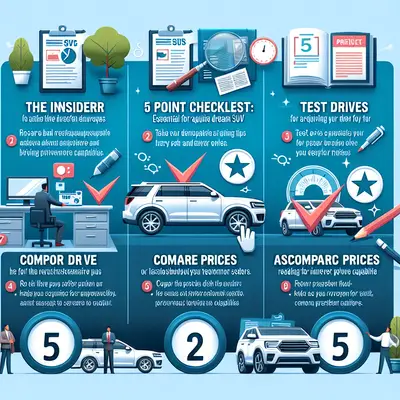Electrification
The advent of electric SUVs is a game-changer in the automotive industry. With a significant shift towards sustainability, automakers are investing heavily in electrification. Electric SUVs offer a quieter, smoother ride and drastically reduced emissions. Moreover, electric drivetrains are more efficient, resulting in lower running costs. Brands like Tesla, Rivian, and Ford are already making waves in the electric SUV market, and more are expected to join the fray in 2025.
Autonomous Driving
Autonomous or self-driving technologies are set to revolutionize the SUV market. Advanced driver-assistance systems (ADAS) are becoming increasingly sophisticated, with features like lane-keeping assist, adaptive cruise control, and automatic emergency braking becoming commonplace. By 2025, we anticipate more Level 3 autonomous SUVs, capable of handling most driving tasks but requiring driver intervention in specific scenarios.
Connectivity and Infotainment
Modern SUVs are becoming more connected, with a slew of features designed for comfort, convenience, and entertainment. Infotainment systems are evolving to offer seamless integration with smartphones, voice assistant compatibility, and even Wi-Fi hotspots. In 2025, we expect to see more cloud-based services, over-the-air updates, and perhaps even features linked to smart home systems.
Advanced Safety Features
Safety is a prime concern for SUV buyers, and manufacturers are upping the ante with advanced safety features. From blind-spot detection and rear cross-traffic alert to pedestrian detection and road sign recognition, these features are designed to prevent accidents and enhance passenger safety. In 2025, we predict more widespread use of these technologies, with an emphasis on proactive safety measures.
Hybrid Powertrains
While electric SUVs are making headway, hybrid SUVs are also gaining traction. Offering a blend of efficiency and performance, hybrid powertrains are an excellent choice for those not ready to go fully electric. They provide better fuel economy than traditional gasoline engines and fewer range concerns compared to electric SUVs. By 2025, we anticipate a broader range of hybrid SUV options, with improvements in battery technology and system integration.
Conclusion
The SUV market is in the midst of a significant transformation, fueled by advancements in technology and a shift towards sustainability. As we approach 2025, potential SUV buyers need to be aware of these emerging trends to make an informed purchase. By considering these factors, you can ensure that your new SUV is not just a mode of transportation, but a cutting-edge piece of technology that offers top-notch safety, efficiency, and connectivity.



